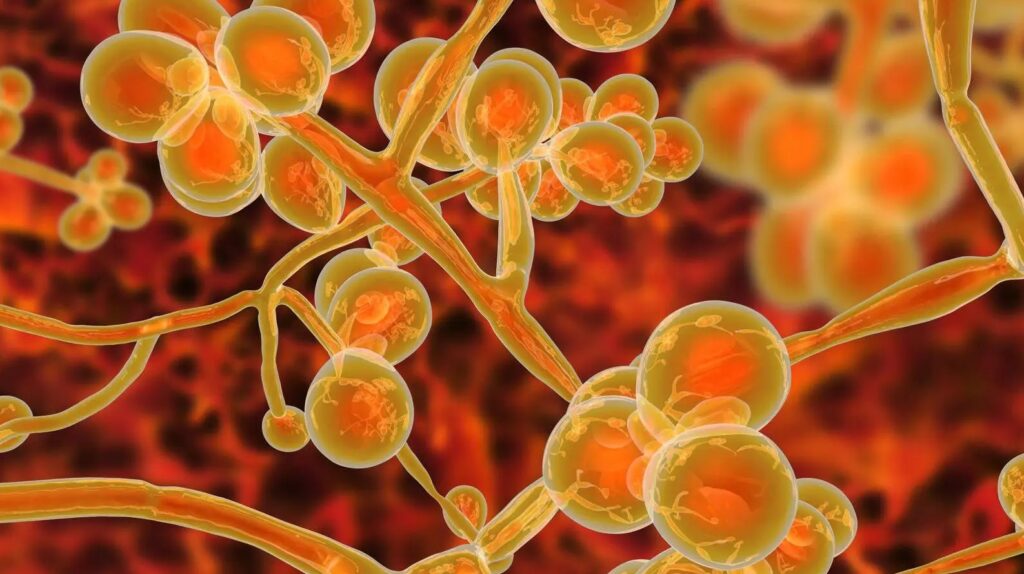01/02/2024
01/02/2024

WASHINGTON, Feb 1: In a troubling development, health officials in King County, Washington, have confirmed the first known outbreak of a deadly fungus named Candida auris, or C. auris. The initial case emerged in July when a Pierce County resident tested positive at Kindred Hospital, a long-term acute care facility in Seattle. At that time, no additional cases were identified.
However, a recent blog post from Public Health – Seattle & King County disclosed another C. auris infection in a patient newly admitted to Kindred. The case was confirmed through a state Department of Health screening program designed for early detection of multidrug-resistant organisms, including C. auris.
Subsequently, three more cases were identified at the hospital, all in patients who initially tested negative upon admission. This indicates the start of the state's first known outbreak of C. auris. The source of the infection remains unclear, and officials acknowledge it might never be identified. Limited information about the patients is currently available.
Public health authorities are collaborating with Kindred to curb the spread of the fungus. Measures include isolating patients with C. auris to minimize the risk of transmission and using specific disinfecting cleaning products effective against the fungus.
Kindred is actively notifying other facilities that received patients from its establishment. C. auris infections pose an urgent public health threat, with the Centers for Disease Control and Prevention highlighting its alarming spread, particularly during the COVID-19 pandemic.
Claire Brostrom-Smith, manager of King County’s healthcare-associated infections program, emphasized the fungus's resistance to common antifungal medications. C. auris can also colonize the body without symptoms, and between 5% and 10% of colonized patients may eventually develop serious invasive infections, with a mortality rate exceeding 45% within the first 30 days.
Individuals in long-term acute care facilities face elevated risks due to illness and reliance on medical devices. Although C. auris generally doesn't threaten healthy individuals, its symptoms vary, affecting different body parts. The fungus's resilience on surfaces in healthcare settings for extended periods adds to the challenge of eradication.
Given the ongoing screening program, health teams anticipated the eventual discovery of C. auris in Washington. Early identification is crucial to implementing prevention strategies and controlling its spread, according to Public Health – Seattle & King County.


